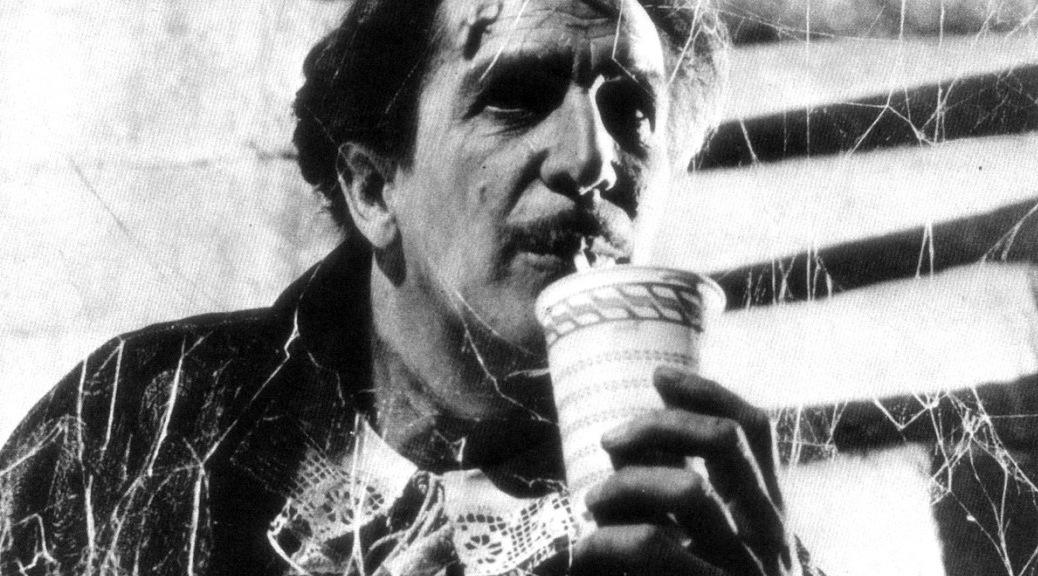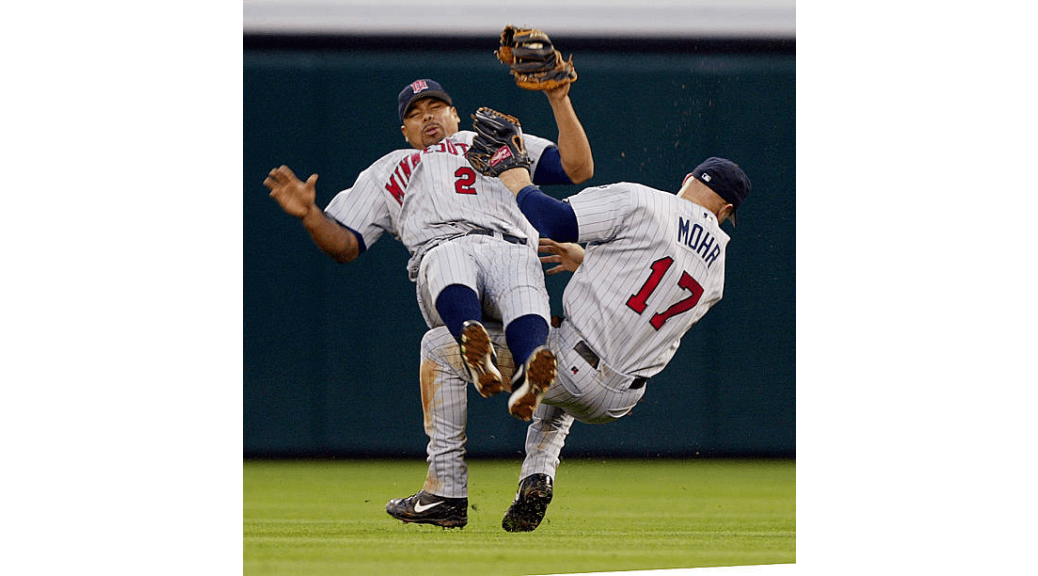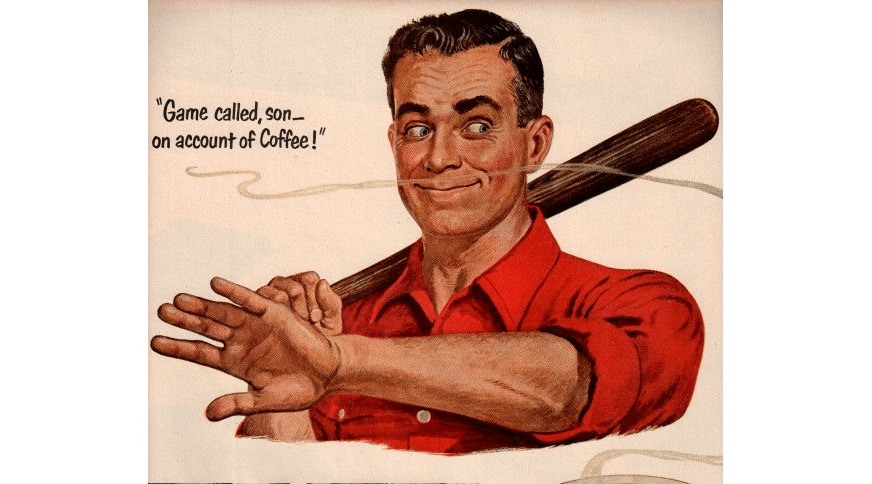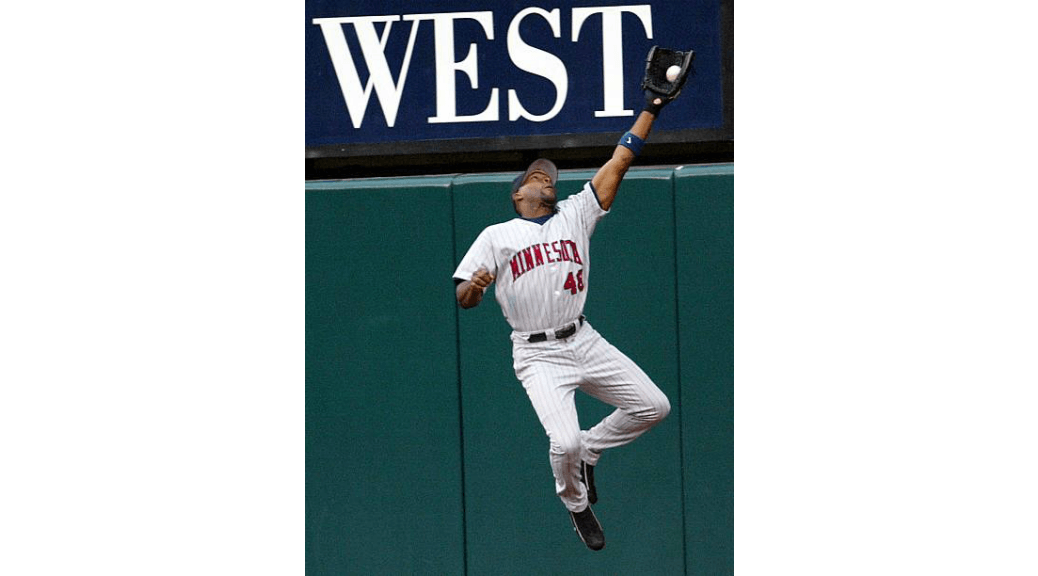Zee German raised a few excellent questions that I thought deserved an entire post.
Do conscientious commentors need to distinguish violent desires from mental illness when we consider the issue? Is it a mental illness, specifically, to be drawn to violence? Or driven to violence? I know you can diagnose anything that deviates sufficiently from the norm as a condition of some sort, but asking from ignorance, is that necessarily the same thing as mental illness?
Before I answer them, though, I think a bit of primer on mental illness is in order. As I already stated, every single one of us experiences mental health symptoms with various levels of frequency and duration, and what makes them diagnosable is whether or not they significantly impact functioning (not whether or not they deviate form the norm). That can be anywhere from impacting your ability to take care of one's physical health, to isolating from friends, to being unable to work or learn new things. That said, here's a very basic outline of the major illnesses that are diagnosed and/or get talked about and some of their symptoms:
- Major Depressive Disorder: sad mood, feeling hopeless, worthless, sleep changes, diet changes.
- Bipolar Disorder: Depression plus periods of mania, which is elevated mood, decreased need for sleep, high energy, pressured or rapid speech, impulsive behavior. Bradley Cooper's portrayal of this disorder in Silver Linings Playbook is excellent.
- Schizophrenia: Restricted range of emotions, or incongruent emotions. Reduction in speech. Paranoid thoughts. Hallucinations. Delusions.
- Post-Traumatic Stress Disorder: Experiencing a traumatic event plus deficits in functioning directly related to that event. Very simply, could be not being able to sleep or focus, obsessing about the event, having flashbacks (i.e. literally being there again), hypervigilance.
- Borderline Personality Disorder: Persistent fear of abandonment that drives most relationships. Often think in extremes or absolutes. Act impulsively.
- Antisocial Personality Disorder (nee sociopathy, nee psychopathy): Lacking empathy, frequently deceiving others for personal gain, aggression towards others, lack of remorse
So let's answer the questions:
Is it a mental illness, specifically, to be drawn to violence? Or driven to violence? I know you can diagnose anything that deviates sufficiently from the norm as a condition of some sort, but asking from ignorance, is that necessarily the same thing as mental illness?
There are two ways to answer this.
If we clarify violence as any act that hurts another, then the answer to these questions is categorically no. I enjoy violent video games and movies. I've punched somebody before when a diplomatic solution was smarter. I've also had periods of extreme duress and exhaustion when I wanted to hurt my baby (disclaimer: I haven't, though once I jerked my toddler's arm too hard; still feel guilty). So I've been violent and I've fantasized about being violent. But this hasn't impacted my functioning in daily life nor has it caused me much trouble. So lumping it in with the above mental illnesses wouldn't make any sense.
On the other hand, if we take Zee's questions to be about a specific kind of violence that is premeditated, where the perpetrator takes pleasure and doesn't feel remorse for their violent behavior, then the answer to the question is yes and it's likely such a person could be diagnosed with antisocial personality disorder.
Do conscientious commentors need to distinguish violent desires from mental illness when we consider the issue?
All of this brings me to my answer to this question, which is a resounding YES. One of the problems with the discussion of mental illness in this country is that there is a misconception that raising more money for mental illness treatment will prevent this kind of violence. But experience has taught me that it will not. At least not directly.
Disorders like schizophrenia are deeply rooted in genetic luck and people who have it need significant amounts of resources to be successful in the community. Schizophrenia needs more money.
Depression and PTSD are a combination of genetics and environment (e.g. some people can experience the same trauma and their brains experience it differently) and extra resources can help people who have these disorders be successful in the community.
However, there really is no great treatment for antisocial behavior (though animal therapy has shown some success for those displaying antisocial traits while still young). Most people who lack empathy and remorse don't seek treatment, or if they do it's for something else like anxiety. There's no pill that can create empathy. I work with a guy who is textbook antisocial; he is racist, xenophobic, sexist. And he wants help with getting money and housing, but has never shown remorse for anything he's done, including sexual assaulting many women. There are resources out there to get him housing. But he's been kicked out of everywhere he's ever been, including all of the shelters, because of his behavior.
So while the DSM-V considers both Carrie Fisher and Jeffrey Dahmer mentally ill, their experiences and needs as humans in society couldn't possibly be more different. Honestly, I wish antisocial behavior wasn't even considered a mental illness. It's the only disorder where being violent towards others is one of the symptoms. And given how many people still believe that those with schizophrenia are prone to violence, I think choosing to use language that makes the distinction clear can only be helpful to those who are unfairly stigmatized every day of their lives.
There is some evidence that antisocial traits have genetic component, and can also be caused by head-trauma or other neurological disorders. Though of all the people I've worked with that have the disorder, they consistently have traumatic childhoods filled with abuse and neglect. Some people who are abused and neglected wind up with no mental illness. Some develop other mental illnesses. And some who may be genetically predisposed to antisocial traits have it nourished by abuse and neglect. While I'm not against research that could possibly identify gene therapy that could help, I would much rather focus on building a society that is inclusive and supportive of all people. Where we understand that nobody is born evil and that everyone deserves compassion, because every action someone takes is trying to fit a need they have in that moment. Because while even in that society we will still need to help people who are sad or are hallucinating or have an exaggerated startle response to sudden noises, I suspect that the need to figure out how to keep people from brutally murdering others will not be a big priority.







 (4 votes, average: 9.00 out of 10)
(4 votes, average: 9.00 out of 10)


